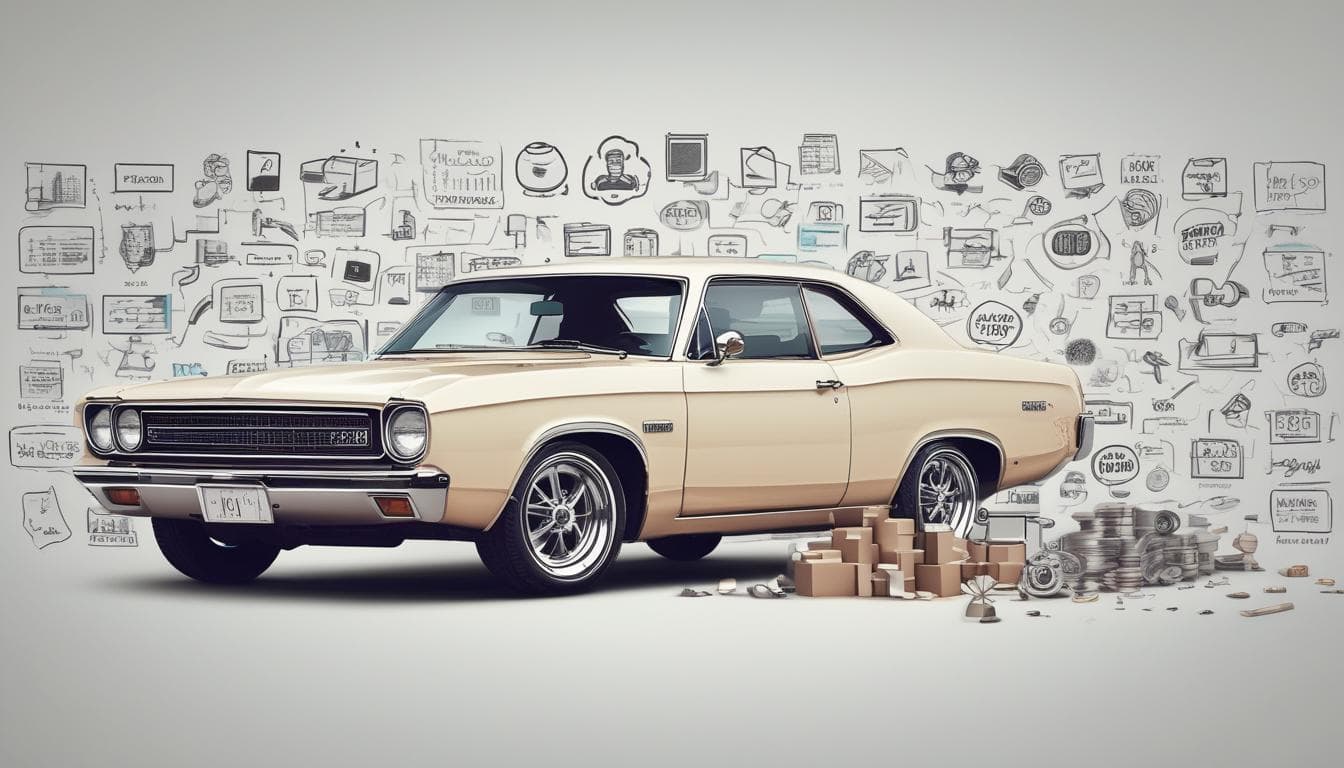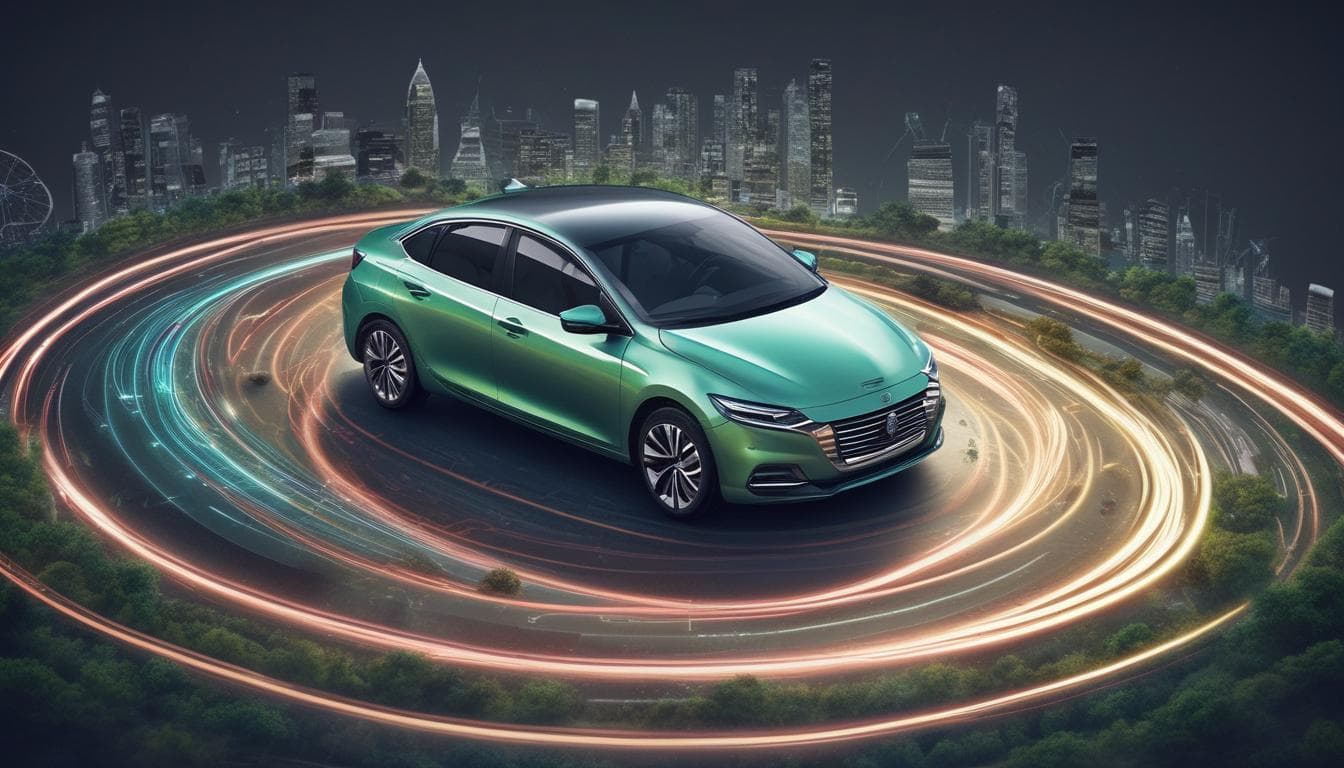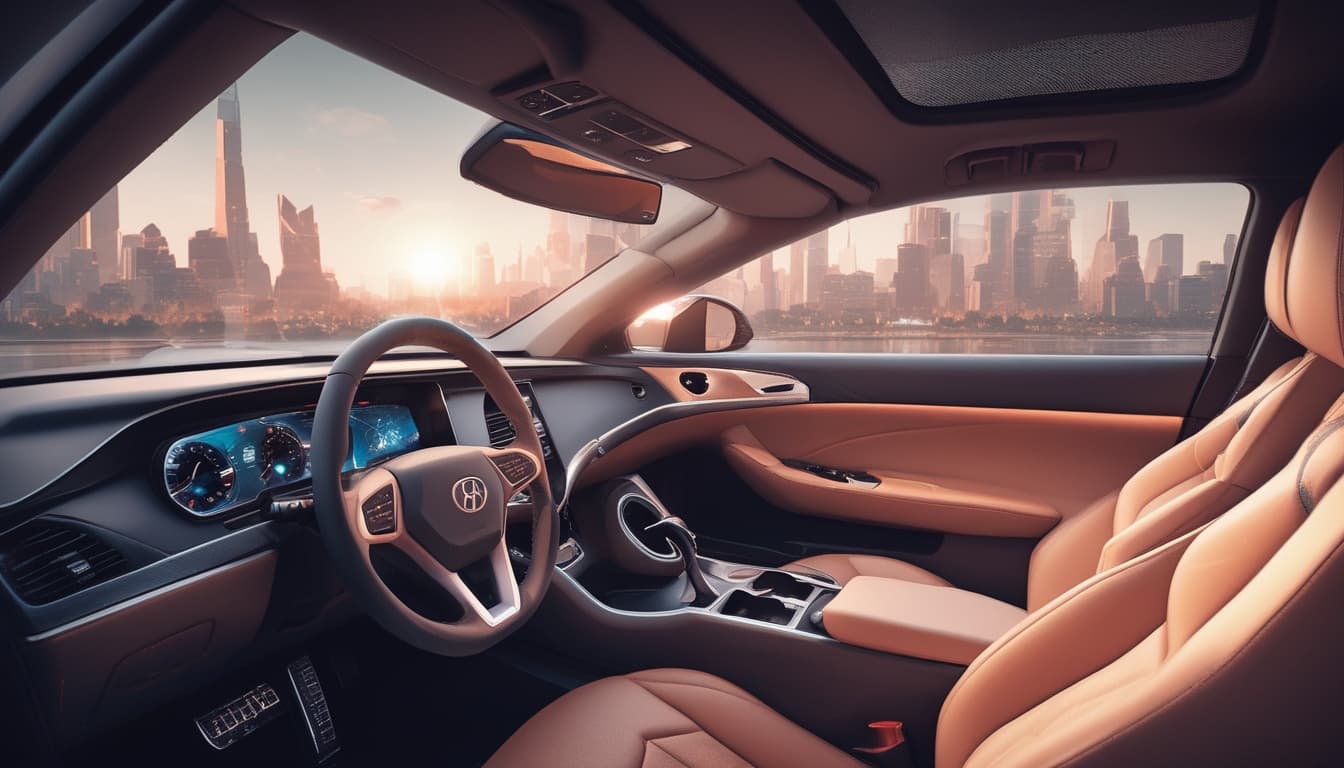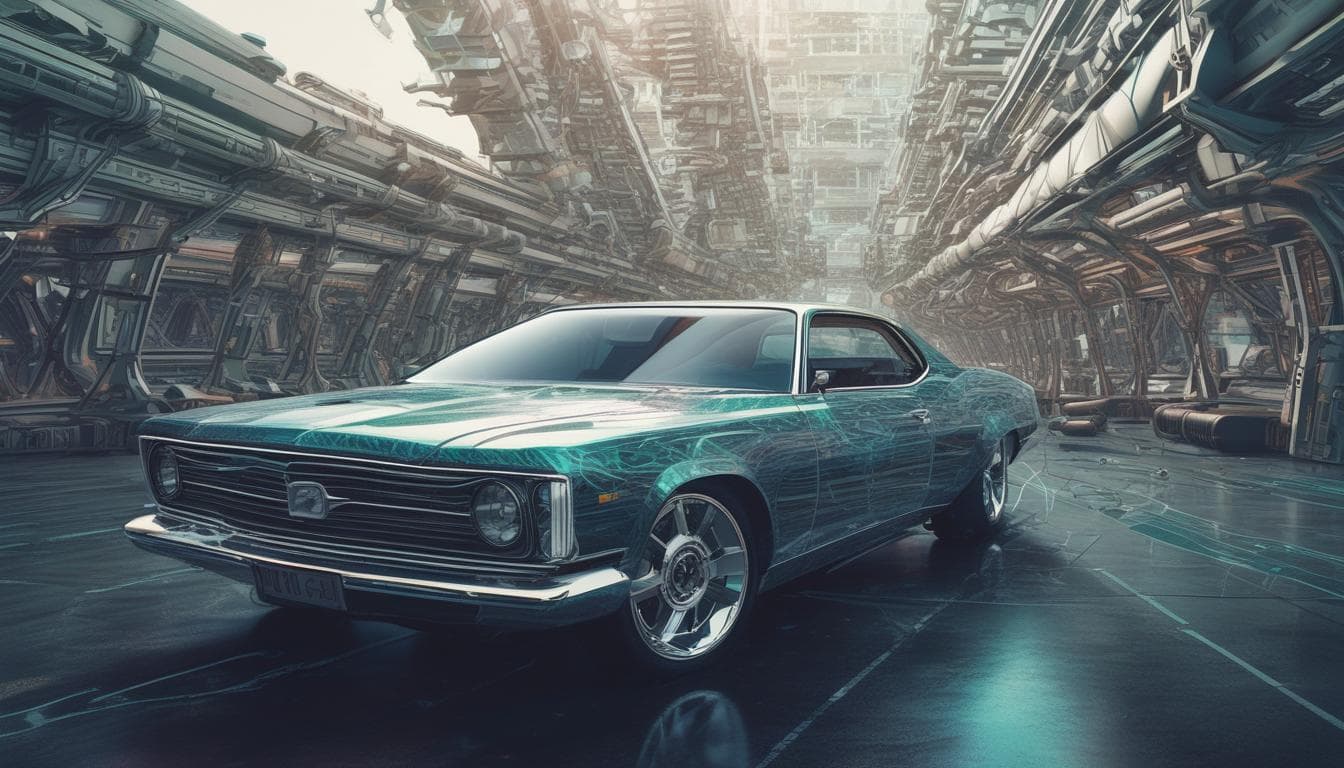With the increasing integration of AI in vehicles, how might the role of the car mechanic evolve? Will mechanics become AI specialists, diagnosing and repairing complex algorithms, or will their skills shift towards maintaining the physical hardware alongside AI assistants? What new opportunities and challenges do you foresee for this profession?
The integration of AI into vehicles is indeed transforming the role of car mechanics in profound ways. Here are some key points to consider about the evolution of this profession:
The Shift to AI Specialists
As vehicles become more reliant on AI for functionalities such as autonomous driving, diagnostics, and driver-assistance systems, mechanics will need to adapt by gaining proficiency in software and algorithm troubleshooting. This transition means that:
- Training in Software Skills: Many mechanics might require additional training in AI technologies and software management. Understanding how different algorithms function will be essential for diagnosing problems.
- Collaboration with AI Systems: Mechanics may need to work closely with AI diagnostic tools that can run complex checks to identify issues, making their roles more collaborative with technology.
Maintaining Physical Hardware
Despite the growing presence of AI, the physical components of vehicles will still require expert care. Mechanics will continue to address:
- Hardware Repairs: As vehicles still contain many mechanical systems, traditional skills in maintenance and repair work will remain crucial. This includes engine repairs, brake systems, and more.
- Integration of AI with Traditional Mechanics: Mechanics will have to understand how AI and conventional systems interact. This opens opportunities for specialization in hybrid technologies where both mechanical and digital skills are essential.
New Opportunities and Challenges
The evolution of vehicle technology brings forward a mixed bag of opportunities and challenges:
- Upskilling: Mechanics have the opportunity to enhance their skills through certifications in digital mechanics and AI technologies. A proactive approach can lead to advanced career paths or roles as AI specialists.
- Job Market Competition: As the automotive landscape changes, there might be an influx of new technicians with backgrounds in IT and software engineering, which could create a competitive job market. Therefore, existing mechanics will need to showcase their adaptability and ongoing learning.
This transformative period aligns with trends discussed in articles like The AI Revolution in Automotive, where it highlights the reshaping of roles across the industry due to AI integration. The future of automotive work and the skills required will undoubtedly evolve, creating a more diverse and technologically integrated workforce.
このトピックについてさらに詳しく探る
会話に参加する
- 未来の自動車:感情を持つコンシェルジュカーがもたらす変革とは?
感情を持つコンシェルジュカーが実現する未来のドライビング体験、サービス、機能について議論し、私たちの生活、社会、自動車産業への影響を探ります。究極のパーソナライズ体験、安全性向上、そして未来のモビリティ社会について、あなたの意見を共有しましょう。
- 感情を読み取る車:社会への影響は?
車がドライバーの感情を感知し、運転を調整する未来。交通事故の減少、プライバシー問題など、私たちの社会や文化への影響について議論しましょう。
- 感情を読み取る車:運転体験の未来像
車がドライバーの感情を感知し、運転スタイルを調整する未来の運転体験について議論します。安全性、快適性、運転の楽しさの向上といったメリットだけでなく、デメリットや倫理的な課題についても考察します。





